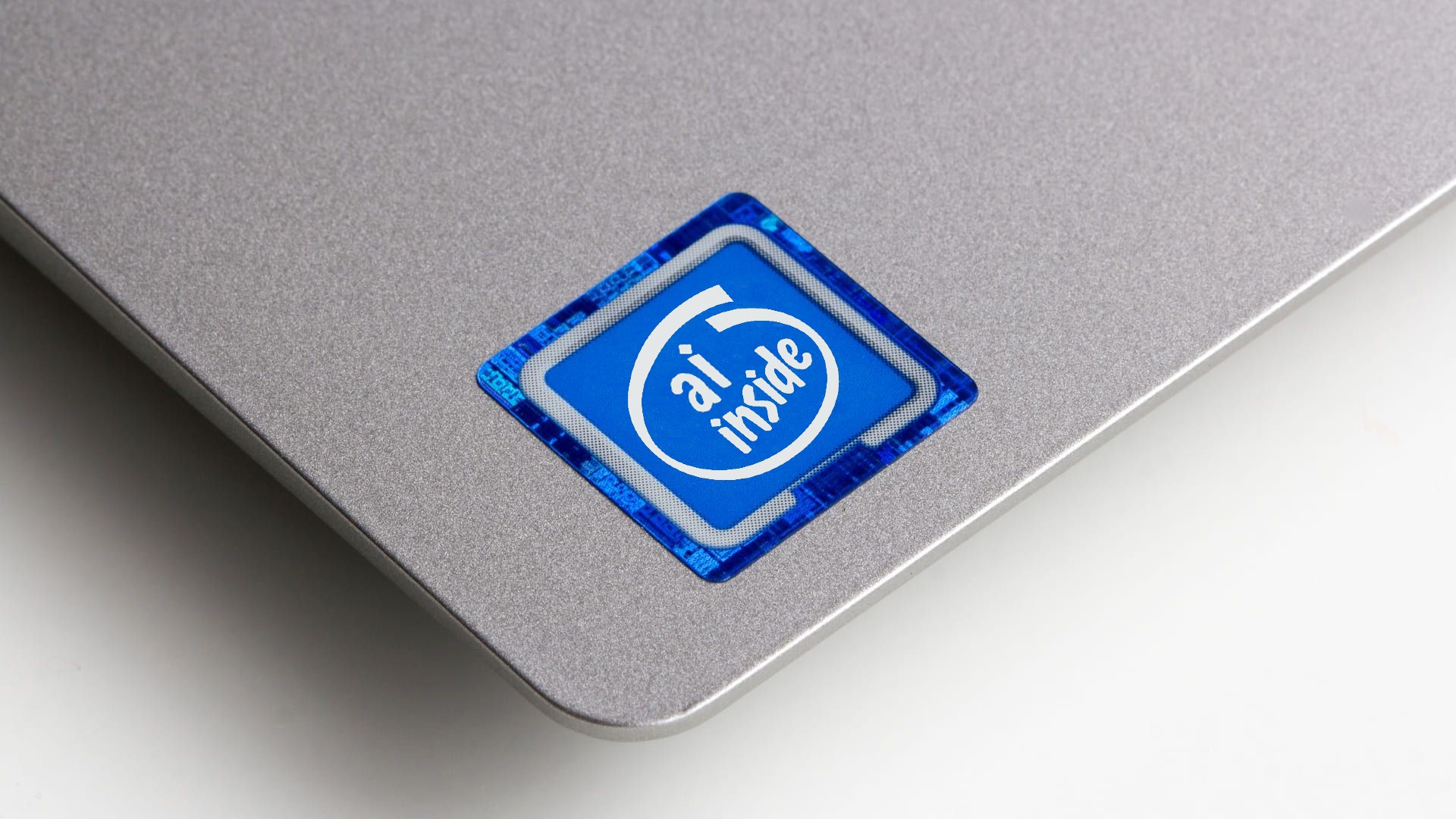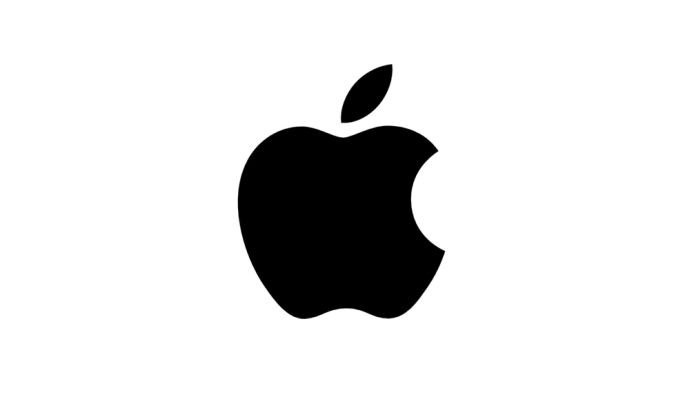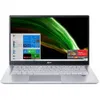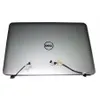2024 is the year of the AI PC — what does that actually mean?
It's hard to build hype when you've no idea what something is

Sign up to receive The Snapshot, a free special dispatch from Laptop Mag, in your inbox.
You are now subscribed
Your newsletter sign-up was successful
At CES this year, every PC device and silicon provider heralded what’s been described as the biggest upgrade to the PC in decades: the arrival of the “AI PC.”
However, while there’s general agreement on what an AI PC will be able to do, there’s a wide range of takes throughout the industry on how it will do it or even what it is. That extends to the significance of a processing unit slated to take its place alongside the longtime staples of CPU and GPU: the neural processing unit (NPU).
AI PCs: A vague yet promising direction
In a recent CNBC interview, Lenovo executive Matthew Zielinski said that AI PCs must have two things: Windows 11 with Copilot and an NPU. In a short video entitled “What is an AI PC?” Intel doesn’t offer an exact definition but emphasizes the importance of the hybrid processing trio of CPU, GPU, and NPU, a combination that Qualcomm has been touting the advantage of in smartphones for years (and continues to) under the banner of “heterogeneous computing.”
More importantly, though, Intel describes the benefits of an AI PC, which include moving AI applications from the cloud to the local PC — even one disconnected from the internet, which can enhance privacy. These applications include content generation, task acceleration, working with productivity assistants (like Copilot), and advanced cyber threat detection.
Similarly, an IDC market note on the emergence of AI PCs offers a broad description of devices “where onboard AI inference capabilities lessen the need to run all AI tasks in the cloud” but references the inclusion and evolution of NPUs.
Nvidia AI: From NPUs to NPCs
On the other hand, Nvidia harbors no notion that an AI PC must have an NPU. The company’s most powerful GPUs have been so vital to AI development efforts that they have been the target of U.S. export bans. Scaling down to the consumer market, though, where Nvidia is best known for its PC gaming improvements, the company recently showcased how its GPUs can enable non-player characters to have unscripted conversations with players.
In doing so, they shatter a limitation of the video game experience that dates back to the first text adventure games. Indeed, Nvidia’s AI advantages, combined with reports that Microsoft’s exclusive agreement with Qualcomm for Windows ARM chip support is expiring, has helped to fuel rumors that the company may be preparing to compete more directly with Intel and AMD in PC processors (beyond GPUs).
Sign up to receive The Snapshot, a free special dispatch from Laptop Mag, in your inbox.
Microsoft set to play key role
And what of Microsoft? The company has been the greatest proponent of AI’s role in the PC. Following its roll-out of Copilot in Windows, it took the first step toward literally imprinting AI on PC hardware by specifying a new Copilot modifier key to appear on Windows systems later this year.
While we tend to associate AI heavily with both understanding and generating human-like text and speech, the key (in combination with other modifier keys) should provide hundreds of options for initiating AI-related commands for those who prefer to keep their fingers hovering above characters.
Microsoft played up the role of AI in what has traditionally been its fall Surface device launch, an event that saw fewer model upgrades than in previous years. Now, reports claim that the company will meld AI more thoroughly into the Surface device family this year as it gets behind the “AI PC” branding, complete with a new sticker.
Outlook
Rather than take sides on NPU necessity, it may simply require a minimum performance capability of 40 trillion operations per second (TOPS), an AI-related metric that’s a step up from even the latest Intel release.
Regardless of how its partners define the AI PC, that could help fulfill something they all have in common: a desire to spur a new upgrade cycle.
More from Laptop Mag
- The 4 devices kickstarting a year of AI at CES 2024
- Demystifying AI PCs: What is an NPU?
- The Rise of AI PCs: What to Expect

Ross Rubin is the founder and principal analyst at Reticle Research. Ross has been an industry analyst focusing on innovation in the technology, media and telecom markets for over 20 years. Prior to founding Reticle Research, he was executive director and principal analyst at The NPD Group, where he provided analysis on a wide range of technology topics and led research spanning devices, access and content. You can follow him on X and Threads @rossrubin.









